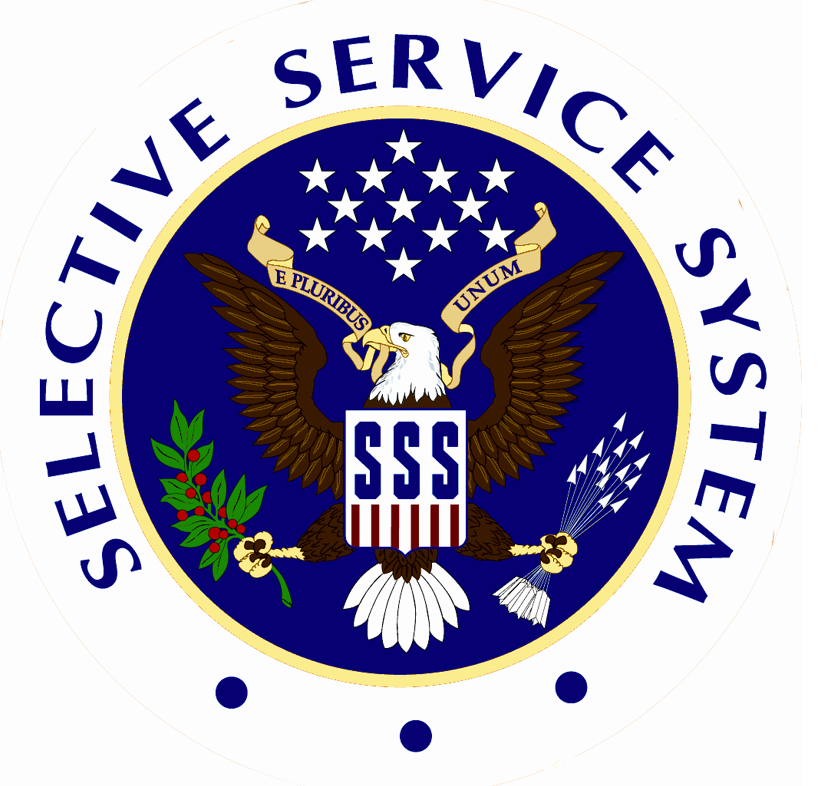An Essential Step For College Loans And Grants

(NAPSA)—Young men seeking funds for college may be surprised to learn that in addition to loan and grant applications there is another form they must complete—their Selective Service registration.
[pullquote]”Many states even require it for a driver’s license.”[/pullquote]That’s because [tweet_dis]registration with the Selective Service is required in order for a young man to be eligible for Pell Grants, Federal Work-Study, Guaranteed Student PLUS Loans and National Direct Student Loans[/tweet_dis], as well as federal job training and jobs with the federal government.
Not only does the registration requirement apply to permanent employment, but also to summer and temporary employment with the federal government.
In addition, many states, local government agencies, police departments and state bar examiners now require applicants to be registered with Selective Service.
In most cases, registration with Selective Service is also a condition for male immigrant noncitizens to obtain U.S. citizenship if the young man arrived and took up residence in the United States prior to his 26th birthday.
[pullquote]Those still in high school should check to see if their school takes part in the Selective Service registrar program.[/pullquote]Registration Is Key
Registration is quick and easy and can be done by either checking block #22 on the Federal FAFSA Student Aid Application or by going online at www.sss.gov from a smartphone or computer. Those who don’t have access to a computer can pick up a registration form at any U.S. post office.
Those still in high school should check to see if their school takes part in the Selective Service registrar program. This provides students with a convenient alternative to registering at the post office. A high school registrar can assist men in registering online using school computers to connect to www.sss.gov.
Educating young men about the registration requirement is essential. If a man fails to register, he is in violation of federal law and subject to a $250,000 maximum fine, a prison term of up to five years or a combination of both.
To learn more, visit www.sss.gov
[Photo by Patrick Giblin/Flickr]


